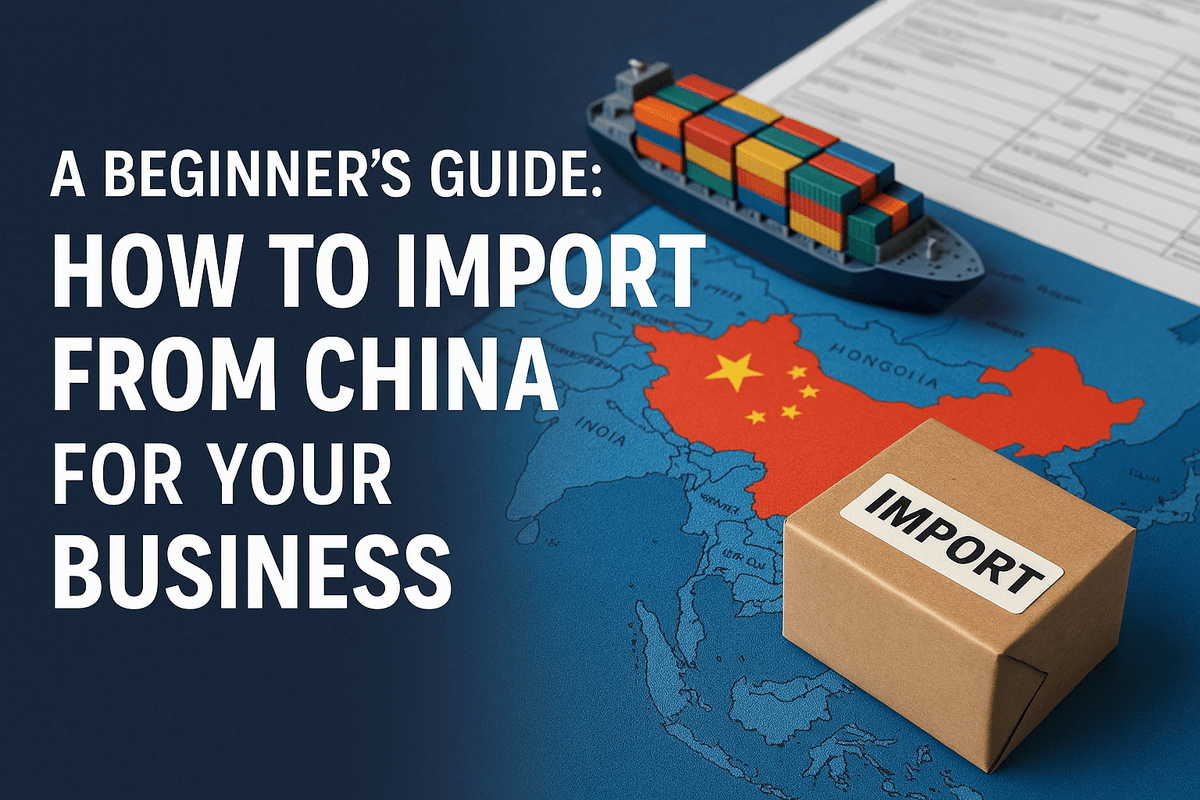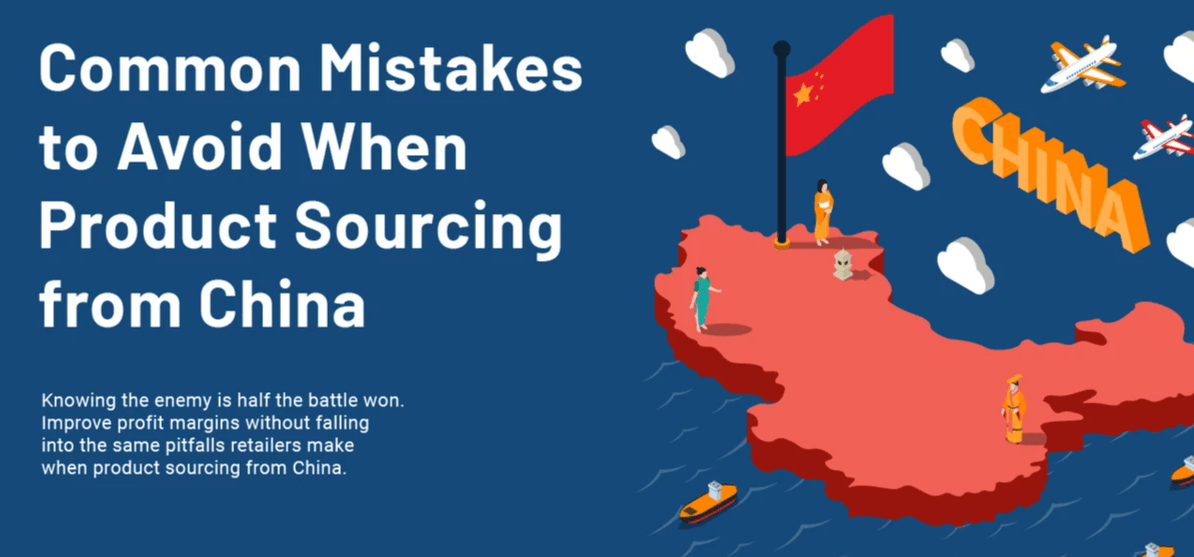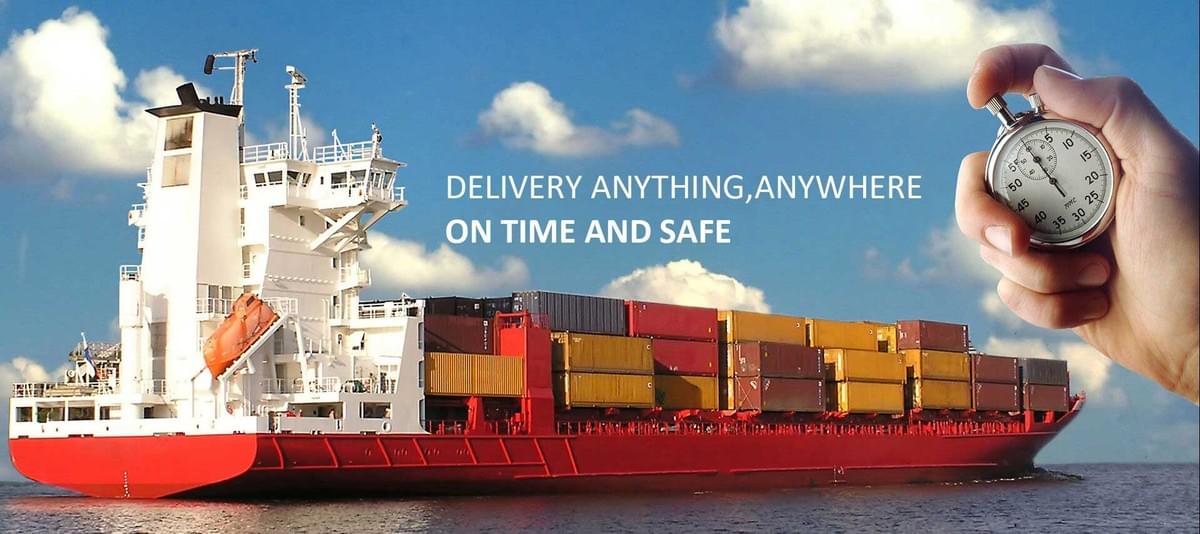Introduction: A Cautionary Tale of International Trade
Imagine receiving a shipment worth $13,000, only to discover that every single item is virtually worthless. This isn't a nightmare scenario—it's a real-life lesson that countless importers learn the hard way when sourcing products from overseas.

The Costly Illusion of Trust
In the world of international trade, especially when importing from China, confidence can be a dangerous companion. Our recent case study reveals a stark reality that many entrepreneurs overlook: past success is no guarantee of future quality.
3 Critical Mistakes That Can Destroy Your Import Business
1. The Sample Trap: Don't Be Fooled
Pro Tip: A perfect sample doesn't equal a perfect shipment.
Manufacturers often present their absolute best product as a sample, but mass production can dramatically differ. What looks flawless in a carefully curated sample can quickly become a warehouse full of defective goods.
2. Overconfidence: The Silent Business Killer
Repeated successful orders can create a false sense of security. In our case study, the importer had a history of smooth transactions, which led to:
- Skipping crucial quality checks
- Assuming continued reliability
- Risking an entire investment
3. Never Trust In-House Quality Control
Red Flag: Allowing the manufacturer to inspect their own products is like letting a fox guard the henhouse.
Independent quality control is not an expense—it's an investment. For just $199, our case study importer could have saved $13,000 in potential losses.

The Real Cost of Cutting Corners
Let's break down the financial impact:
- Shipment Cost: $13,000
- Potential Quality Control Cost: $199
- Potential Savings: Entire shipment value
Proven Strategies for Safe Importing
1. Always Use Independent QC
- Hire third-party inspection services
- Conduct pre-shipment inspections
- Get detailed reports before goods leave the factory
2. Diversify Your Supply Chain
- Don't rely on a single manufacturer
- Build relationships with multiple suppliers
- Create backup options
3. Invest in Detailed Contracts
- Specify exact quality standards
- Include penalty clauses for substandard goods
- Clearly define acceptable quality levels

Real-World Advice from Industry Experts
"Experienced China importers always get product inspected because this happens so often." - Thomas Cutler, International Trade Consultant
Conclusion: Your Action Plan
- Budget for quality control
- Never skip independent inspections
- Treat each shipment as a potential risk
Author: ChinafulLink Team